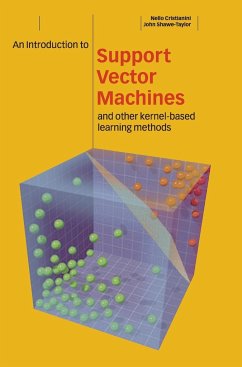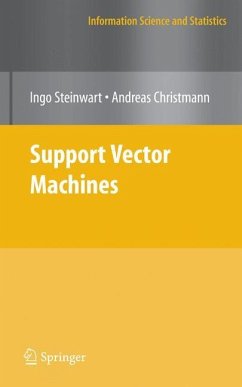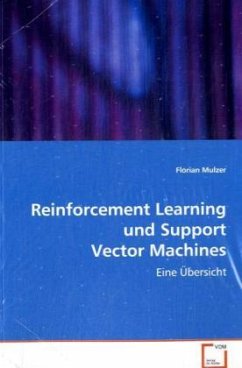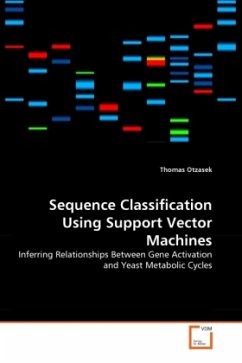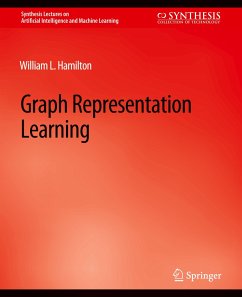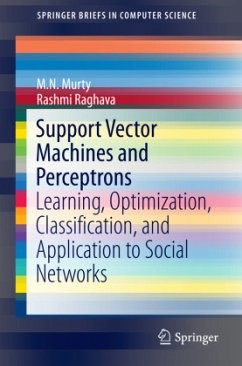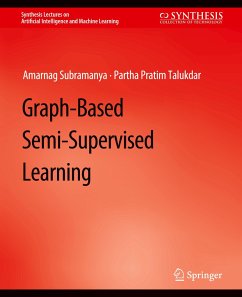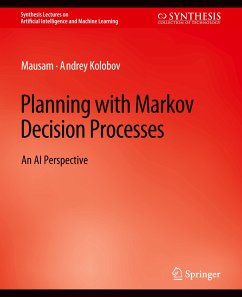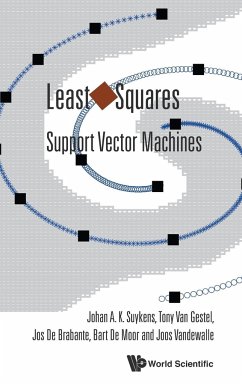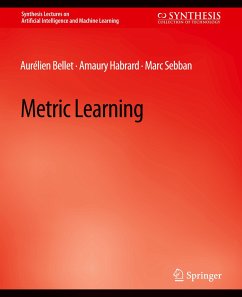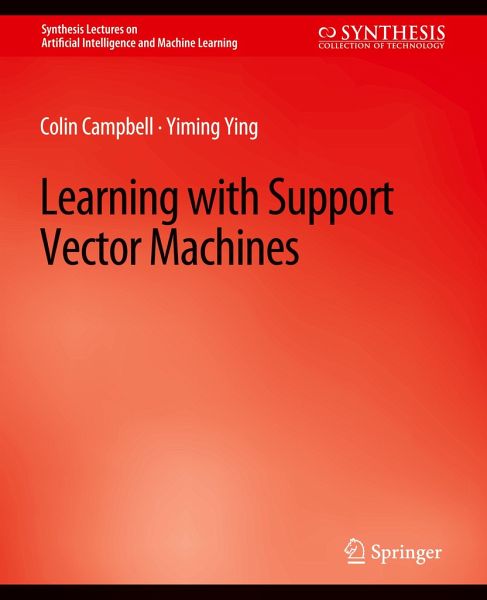
Learning with Support Vector Machines

PAYBACK Punkte
0 °P sammeln!
Support Vectors Machines have become a well established tool within machine learning. They work well in practice and have now been used across a wide range of applications from recognizing hand-written digits, to face identification, text categorisation, bioinformatics, and database marketing. In this book we give an introductory overview of this subject. We start with a simple Support Vector Machine for performing binary classification before considering multi-class classification and learning in the presence of noise. We show that this framework can be extended to many other scenarios such a...
Support Vectors Machines have become a well established tool within machine learning. They work well in practice and have now been used across a wide range of applications from recognizing hand-written digits, to face identification, text categorisation, bioinformatics, and database marketing. In this book we give an introductory overview of this subject. We start with a simple Support Vector Machine for performing binary classification before considering multi-class classification and learning in the presence of noise. We show that this framework can be extended to many other scenarios such as prediction with real-valued outputs, novelty detection and the handling of complex output structures such as parse trees. Finally, we give an overview of the main types of kernels which are used in practice and how to learn and make predictions from multiple types of input data. Table of Contents: Support Vector Machines for Classification / Kernel-based Models / Learning with Kernels



